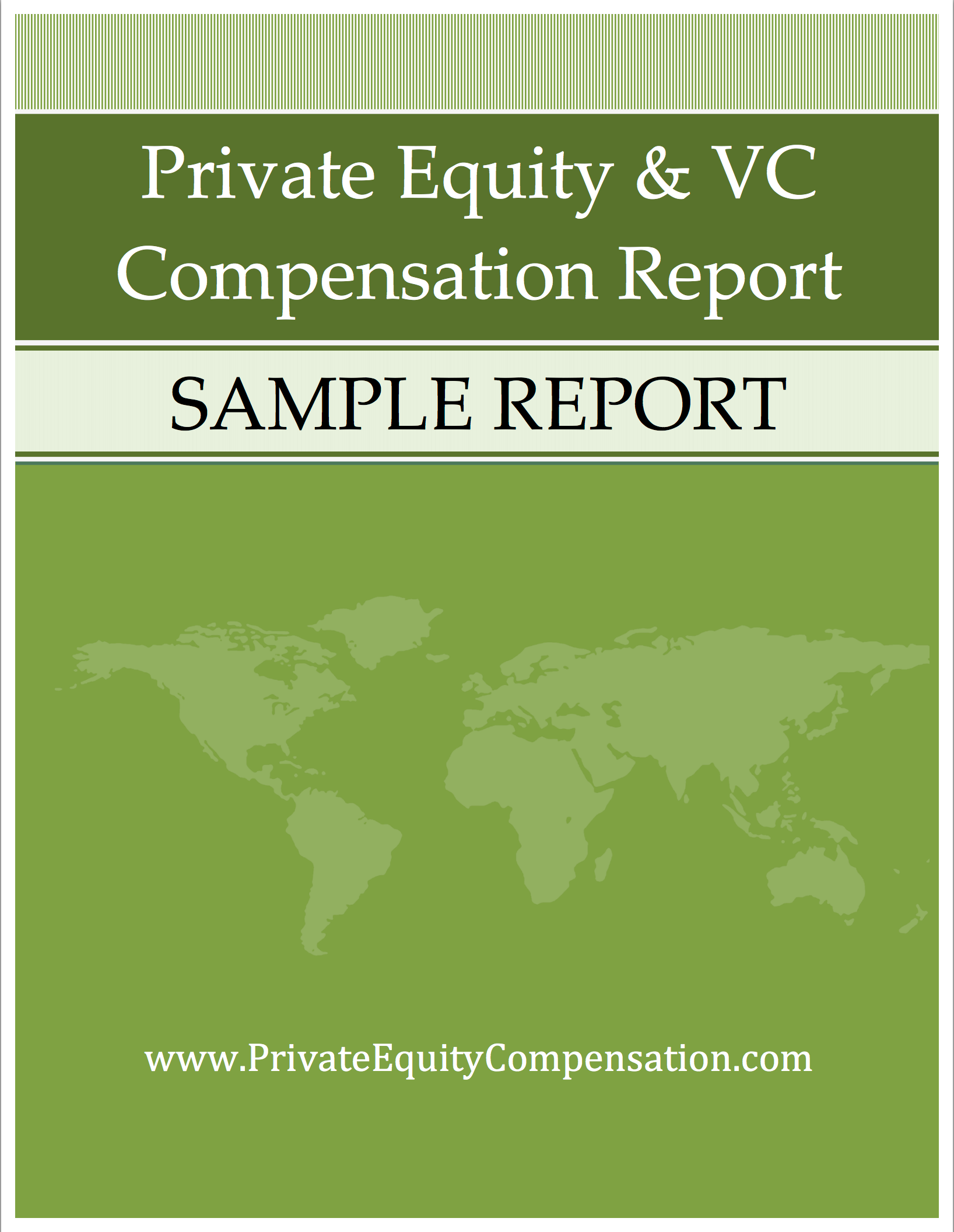Private Equity Slow to Adopt Vacation Friendly Culture
Not unlike much of the financial industry, those working in private equity and venture capital careers don’t take a lot of time off. Unsurprisingly, the amount of vacation taken has not changed dramatically over the last several years, despite employees receiving greater vacation allowances in their compensation packages.
In terms of vacation allocations, private equity and venture capital do offer some of the most significant packages in the financial industry. Over 80 percent of respondents to our survey this year indicated that they earned three weeks or more of vacation time, largely consistent with the results of previous years. We did notice a trend, however, that firms were increasingly offering four or five weeks of vacation, offset in some cases by firms that have reduced entitlements below three weeks. Generally, there is wide disparity between vacation packages within the industry so it’s certainly worthwhile to ensure this aspect of compensation is accurately stated and discussed when determining overall compensation.
Geographically, vacation entitlements vary between countries. We saw the highest vacation entitlements provided by continental European companies, while the lowest amount of vacation time was found to be offered by U.S. firms. Other countries such as Canada would fall between the two extremes. This largely follows cultural norms surrounding vacation time.
Unfortunately for workers, the amount of vacation time taken was generally significantly less than the time earned. On average, those working in private equity and venture capital took just over two and half weeks of vacation. On the other hand, on average, these same employees earned three and a half weeks of vacation. These findings suggest that most employees only take about three quarters of the vacation time offered to them, with the remaining amount being banked for future years or paid out in cash.
As a general trend across all industries, companies are increasingly finding that offering appropriate work-life balance to their employees results in a number of positive outcomes for the firm. This includes higher productivity amongst employees when at work, reduced burnout and lower turnover. It seems as though the financial industry is beginning to catch on to these trends, although as a late adopter. While policies are beginning to shift, the internal culture at most firms will take much more time to adapt. Increasing vacation allowances will not have these positive benefits unless employees feel that they can take advantage of their time off from work. Our survey results show that cultural shift has been much slower than the shift in firm policy.

